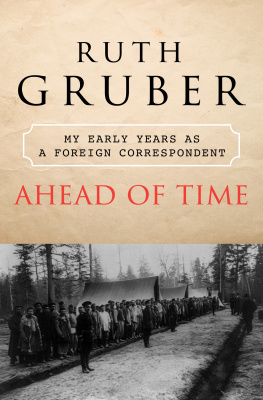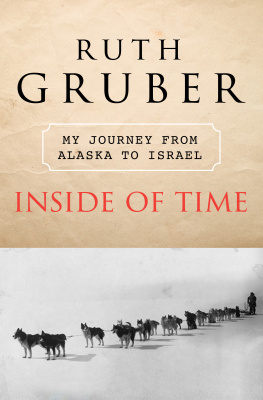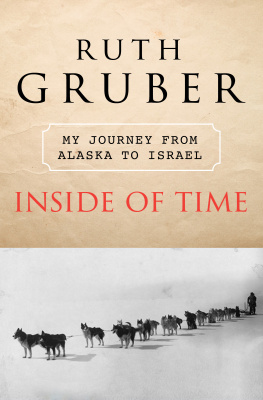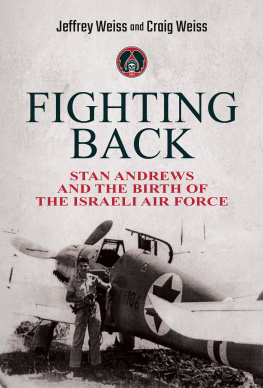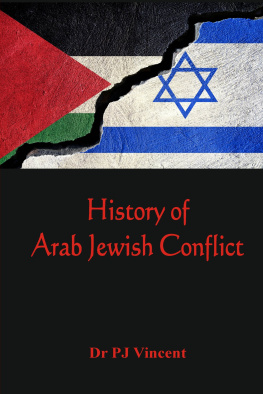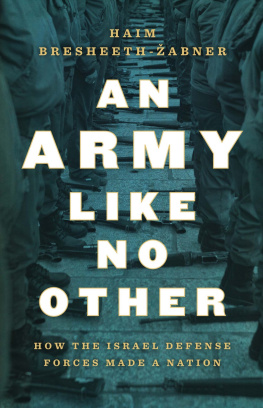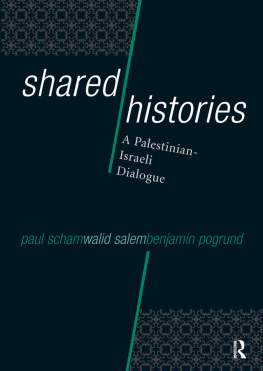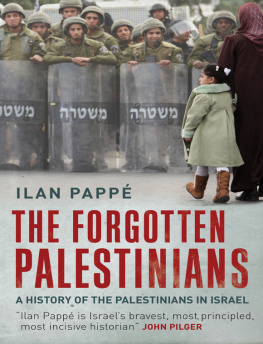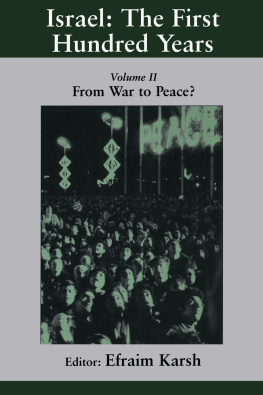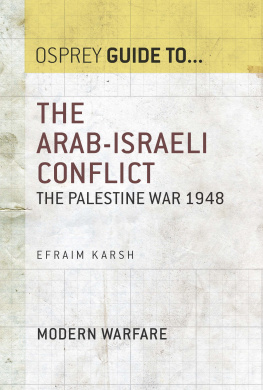O n a quest, I flew to Israel to find a womannot Golda Meir, not a powerful world-renowned figure, but one whose life would define what it means to be a woman of Israel.
Having covered the story of Israel since the end of the Second World War as foreign correspondent for the New York Herald Tribune, I knew that every woman in Israel had a story; and nearly all the men I queried said they had the perfect candidate.
Who? I asked.
My wife, they said.
For countless hours, driving up and down the country, I tracked down candidates. I wanted a woman who had taken part in the so-called illegal immigration of ships like Exodus 1947 that broke through the British blockade and brought thousands of survivors home to the Land of Israel; a woman who herself had been on the front lines in all its wars; a woman who had known in her own life the joy and agony of growing up in the biblical land, of being a woman of Israel.
In the end, it was Dr. Kalman J. Mann, then director general of the Hadassah-Hebrew University Medical Center, who said, I think I have a candidate for you. Shes a ninth-generation Jerusalemite. A nurse and midwife. She delivered most of the babies born to the Holocaust survivors, the ones who were pulled off the illegal ships and imprisoned in the British camps in Athlit and Cyprus. She worked in the Hadassah Hospital during all our wars. And she was so beautiful that every man in Jerusalem wanted to marry her.
Five minutes after I met Raquela Prywes (pronounced PRIV-ess) in the King David Hotel in Jerusalem, I knew my search was over. Beneath her serenity and composure, I sensed a woman of passion. Love was a word that sprang to mind as we continued talkinglove for her country, for her people, for her family. Hers was a passion for life.
For nine months, I saw her nearly every day, traveled with her and lived in all the places where she had lived. I wanted to capture a sense of place and time and history in the story of a hitherto unknown but fascinating woman.
I found that she had moved through so many levels of Israels history, and that her own life touched so many people, that to get the true measure of who she was and what she did, I spent long hours interviewing scores of people for whom acknowledgments are given at the end of the book. I offer them my deepest gratitude for sharing their warmth, their time, and their memories. Many of them became lasting friends.
It was Golda Meir as well as Raquela, who told me the story of how Raquela had saved the life of Goldas only daughter, Sarah, dangerously ill from toxemia. Raquela, said Golda, putting down her ubiquitous cigarette, was the best nurse-midwife we had in Israel.
It was Shlomo Hillel, the Minister of Police and later Speaker of the Knesset, who opened the gates of the British prison camp in Athlit so that Raquela could show me the primitive wooden barracks where she had met her first Holocaust survivors, many of them half-naked, some wearing tattered rags like shipwrecks on an uncharted island. She shared their outrage and despair. They were captives living in a camp behind barbed wire on the very soil of the Promised Land, without water, without privacy, dehumanized. Their crimethey were Jews who had dared to sail on leaky illegal ships determined to go home.
Athlit, an ancient and beautiful port just below Haifa, was famous. In 1945, Prime Minister Yitzhak Rabin, then a 23-year-old commander in the Palmach, had sprung the zoo refugees imprisoned in Athlits prison camp. Years later, when I began my research for this book, Rabin drew a map in my notebook showing me how, in the middle of the night, he had foiled the British soldiers and police. Carrying a little boy on his shoulders, and commanding 60 young Palmach men and women, he had led the fragile men and women and children, still damaged from the war, up and down mountains, through forests and across tank-patrolled roads to Kibbutz Bet Oren. The kibbutzniks embraced the exhausted people, gave them kibbutz clothing, hot food, and clean beds. In the morning, when the British patrols arrived, searching every possible hiding place, the refreshed refugees acted as though they had been kibbutzniks all their lives.
To understand some of Raquelas anger, compassion, and love as she nurtured the refugees, delivered their babies, and nursed wounded soldiers back to health, I was able to draw on my own experiences covering, among other assignments, Nazi Germany; the voyage of the famous ship Exodus 1947; Israels War of Independence and the wars that followed it; the flights of refugees from Arab and communist lands; and long days and nights in the prison camp in Cyprus where, like Raquela, I felt and smelled and tasted what it meant to be a survivor living behind barbed wire.
This is Raquelas story. I wrote it with truth and love.
RAQUELA A WOMAN OF ISRAEL
JERUSALEM, AUGUST 1929
T he handsome black-robed woman walked regally, carrying on her head a basket laden with eggs and freshly picked figs.
Five-year-old Raquela flung open the garden gate. Mama was already waiting in the little flagstone patio.
Salaam aleikum, Aisha, Mama greeted her friend, in Arabic.
Salaam aleikum, Mrs. Levy. Aisha lowered the basket from her head, easing it onto the stone floor as though it were filled with precious jewels. Mama brought out the shiny copper tray with demitasse cups filled with Turkish coffee.
Raquela stood, feet apart, in the center of the patio, an eager participant.
AishaMama put down her cupI need the freshest eggs you have. My husband has the flu, and all he wants to eat is soft-boiled eggs.
Aisha drained the little cup. Today I brought you eggs so fresh, this minute the chickens laid them.
Then give me twenty-five. And Ill take a kilo of figs.
From her basket Aisha lifted a small wooden scale, measured the figs, and threw in an extra handful. My present for your son Jacob. Because he gives me pine twigs from your garden for my cooking. She dropped her voice. And because I love him.
If your husband hears you love my sonMamas eyes were mischievoushe will beat you up.
Raquela waited with familiar anticipation; it was a game they played every day.
Aisha smiled. I wont tell my husband.
She bent to hug Raquela. And you, little beauty, you will break many hearts in your time.
Raquela closed her eyes, letting Aisha wrap her in a cloak of musk and incense. She loved both these women, who could hardly have been less alike: Mama was tinybarely five feet tallwith high-boned, Slavic cheeks, a delicate carved nose, and long chestnut hair radiant with sunlight. In her white blouse and pleated navy-blue skirt she looked like a young schoolteacher; she had, in fact, been teaching kindergarten when she married Raquelas father, her former teacher. Aisha, squatting on her heels, was exotic, mysterious, her body loosely robed in the voluminous Bedouin gown, her hair shrouded in a muslin shawl, her charcoal eyes burning inside the kohl lines she penciled around them.


